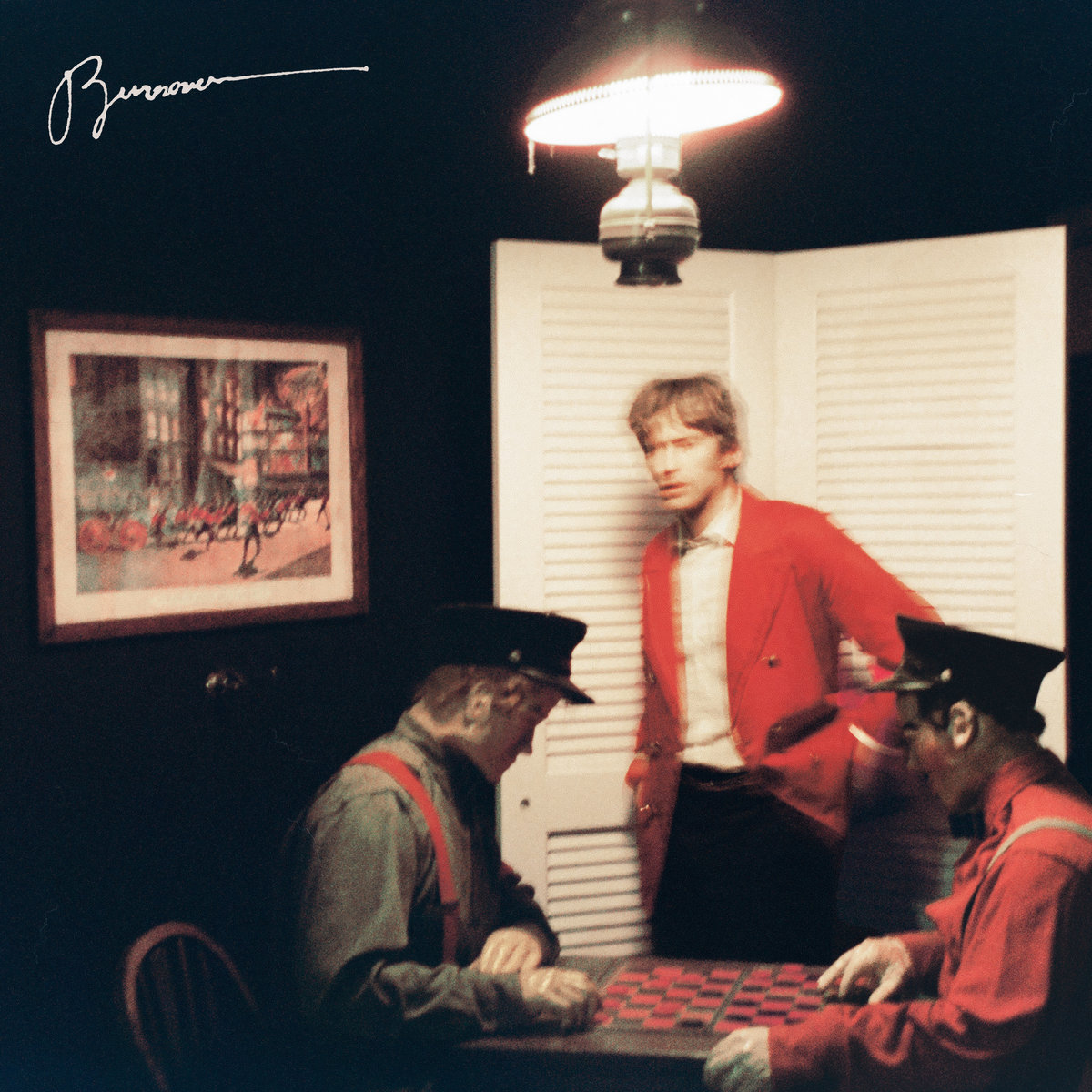Japanese Breakfast – Soft Sounds From Another Planet | Album Review
/Oh her sophomore album Michelle Zauner stretches the boundaries of space, time, and love.
Japanese Breakfast began as therapy. An outlet for Michelle Zauner to stitch together scraps of feelings and lo-fi pieces of self-help as a way to cope with life. Initially conceived as a solo spin-off from the Philadelphia-based Little Big League, Japanese Breakfast soon grew into a full-on meditation of death, guilt, and humanity that culminated in 2016’s unparalleled Psychopomp. Clocking in at a blazing 25 minutes, the album tackles life from every angle, directly contrasting the bliss of love with the impenetrable grief of loss. It’s a raw view of life that can only come from losing a parent.
In her second album as a solo act, Michelle turns her focus toward what comes after death. At its core, Soft Sounds From Another Planet is an album about intimacy. Real intimacy. Love that is complicated, and modernized, and imperfect. It’s not quite as heavy of a listen as Psychopomp but manages to address the broad subject in an equally honest and poetic way.
Soft Sounds opens with the absurdly-groovy “Diving Woman.” A spaced-out bass-driven 6-minute epic that sounds like a track off of a Breeders album or a forgotten Sonic Youth b-side. Based on pre-release interviews, this song seems to be the album’s “thesis” drawing parallels between relationships in 2017 and the Korean tradition of female sea divers called haenyeo.
After outlining her aim to be a “woman of regimen” Michelle repeatedly sings her desires: “I want it all.” After flashes of faded drugs and dead animals Michelle addresses a third party “When I get back there, baby / Gonna make it a home” which is followed up with “You’ll have it all / We’ll have it all.” It’s still a song about insatiability, but also wanting somebody to share it with. The tracks’ jangly 3-minute outro provides a meditative period for the listener to reflect on the tracks’ reassurances that “We’ll have it all.”
From there Michelle ventures back into the grimy and dark word of modern day Philadelphia with “Road Head” where she recounts the visceral sex scene of a failed relationship over a dreamy soundscape. It’s a sexy but unsettling song, especially when paired with the song’s self-directed video. The outro of this song finds Michelle toying with her own vocal samples on a loop board over the now-familiar beat.
As a side note: I’ve had “Road Head” stuck in my head since seeing the band live in June. Witnessing Michelle improvise this song’s extended outro on her loop board was one of the musical highlights of my year so far. I still haven’t been able to make it through the album without rewinding to listen to this track at least once.
From there the “Road Head” bleeds warmly into the swirl and artificial air of “Machinist” which serves as the album’s lead single. When played live, Michelle introduces “Machinist” as ‘a song about falling in love with a robot.’ The track opens with a calmly-delivered monologue by Michelle that sound as if she’s talking to you directly. “I don’t know how it happened / Was it always this way, and I just couldn’t see it? / Heart burning hot enough for the both of us / I never realized how much you were holding back.” It’s a painful set of lines that immediately launches into a dancy explosion of instrumentation and distorted vocals.
“Machinist” concludes with a chorus that calls back directly to the album’s first track: “Can’t speak / You wanted it all / Let go a piece of your heart / All the pleasure it gives / Leave me, lost in the night / Shadows go in and go by / I just wanted it all” This brings back up the concept of wanting “it all” with some unknown force standing in the way.
When asked about the recurring use of space as a framing device on the album Michelle explained: “I used the theme as a means to disassociate from trauma.” The remainder of Soft Sounds’ tracks revolve around Michelle’s relationships large and small. From meeting her husband at a smoke-filled bar to her bassist who took a break from their previous band to write on Jimmy Fallon. In jumping between all these different people that have filtered in and out of her life, Michelle reveals a little bit about herself piece by piece.
And while I don’t think we’ll ever know all there is to know about Michelle, I’ll happily study each breadcrumb that she lays down. People come in and out of our lives every day. Sometimes it’s a sudden painful shock, sometimes it’s a gradual fade over time. Japanese Breakfast is proof that life continues. And through all the obstacles and cosmic unfairness, there are still people out there for you.
Even as loved ones die. Even as celebrities pass. Even as cruel men continue to win. Happiness can flourish. Sometimes all it takes is a chance encounter at the bar down the street. Or battling through multiple terrible relationships to arrive at the right one. It’s about sharing life and sharing trauma. If you truly want it all, that means good and bad, but you’ll emerge from the other side a more whole person.






